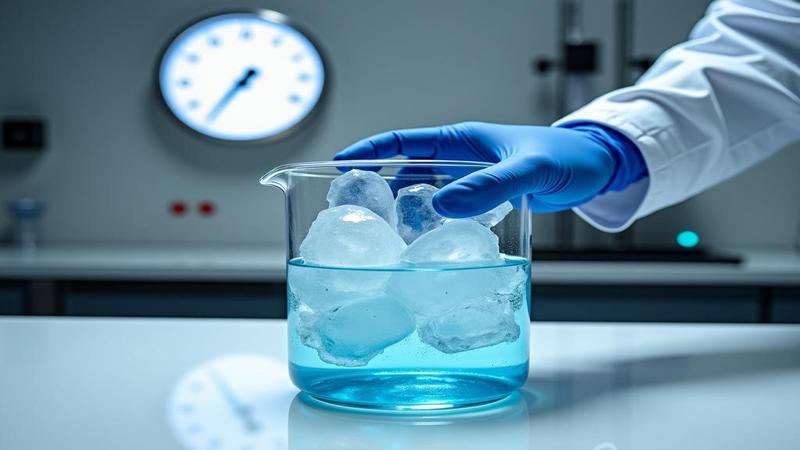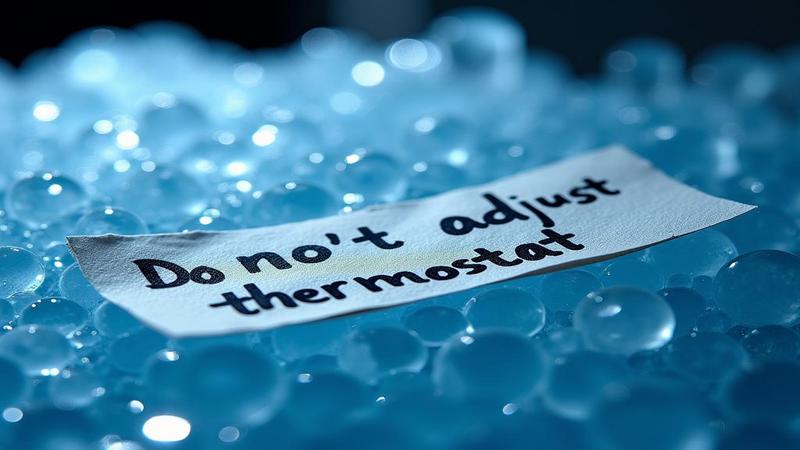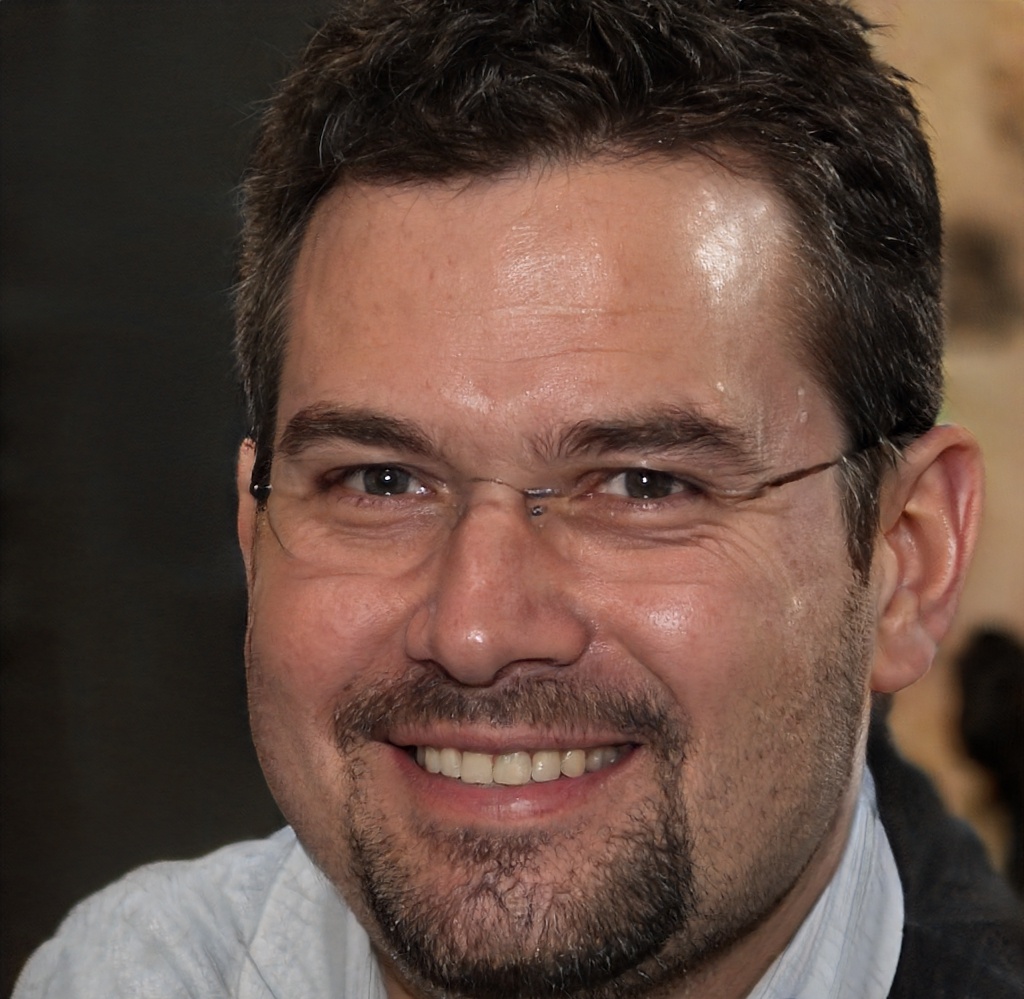Scientists Freeze Water at Room Temperature, Humidity Files Workplace Grievance

In a measured act of chaos, scientists froze water at room temperature and then calmly wrote it up as if thermodynamics wouldn’t notice. I read the methods twice, once for the science and once for the audacity. As someone who treats p-values like parole officers, I brought a clipboard and a snack.
The team didn’t “cool” the water so much as politely radicalize it. They gave H2O an identity crisis—“You’re ice now, champ”—and the molecules complied like interns who need the recommendation letter. Somewhere, entropy made the sound of a dial-up modem and went to lie down.
Technically, they used surfaces rougher than a peer review and quieter than a grant committee after you say “replication.” Water molecules lined up, clasped hands, and declared themselves a solid while the room stayed balmy enough for sandals. It’s not a phase, Mom; it’s literally a phase transition.
Predictably, the internet demanded to know whether this means margaritas that don’t sweat. Californians asked if it works on traffic. New Yorkers asked if it works on landlords. Physicists asked for the supplementary figures and then steepled their fingers like supervillains who floss.
DIYers immediately tried it with a suspicious bowl and the confidence of YouTube. Please note: this is not the same as owning a countertop instant ice machine, any more than wearing scrubs makes you a surgeon. Do not staple a snowflake to your faucet and call it peer review.
The lab used a surface so temptingly chilly-looking it could sell skincare to glaciers. Imagine an ice whisperer that coaxes crystals from liquid with the patience of a bonsai artist and the judgmental aura of a maître d’. In a pinch, everyone else reaches for a graphene-coated chill pad and a prayer.

The statistics were clean enough to eat with, though I wouldn’t because ethics boards hate cutlery metaphors. Our p-values were so small they had to stand on tiptoe to see significance. One p-value phoned a friend; the friend was also significant and frankly quite supportive.
Let’s talk methods, the sacred scroll where miracles get audited. They seeded the water with nucleation points like party planners who know the good guests. The control group was just water, which performed as water historically does: wet, elusive, prone to networking.
Industry responded by declaring this illegal competition with refrigerators. Big Ice rolled out a new ad: “Why wait for science when you can buy cubes by the bag?” A cooler in Ohio launched a union and demanded recognition as a phase professional.
Applications range from frost-on-demand windows to smug cocktails. Military analysts predict a future where soldiers deploy lukewarm blizzards, confusing enemies and meteorologists. Economists called it disruptive; meteorologists called economists.
Caveat corner: do not try this on your cat, your sourdough starter, or a framed diploma. “Room temperature” means the lab’s room, not your cousin’s garage that smells like optimism and paint thinner. Also, if your ice starts a podcast, unplug the outlet and back away calmly.
For now, we celebrate a breakthrough that actually broke through, while keeping a towel handy for the sublime mess. Water, having mastered room-temperature freezing, is reportedly exploring a lukewarm sauna phase called “moist irony.” And if any p-value tells you this is impossible, remind it to phone a friend—collect, from the freezer.
